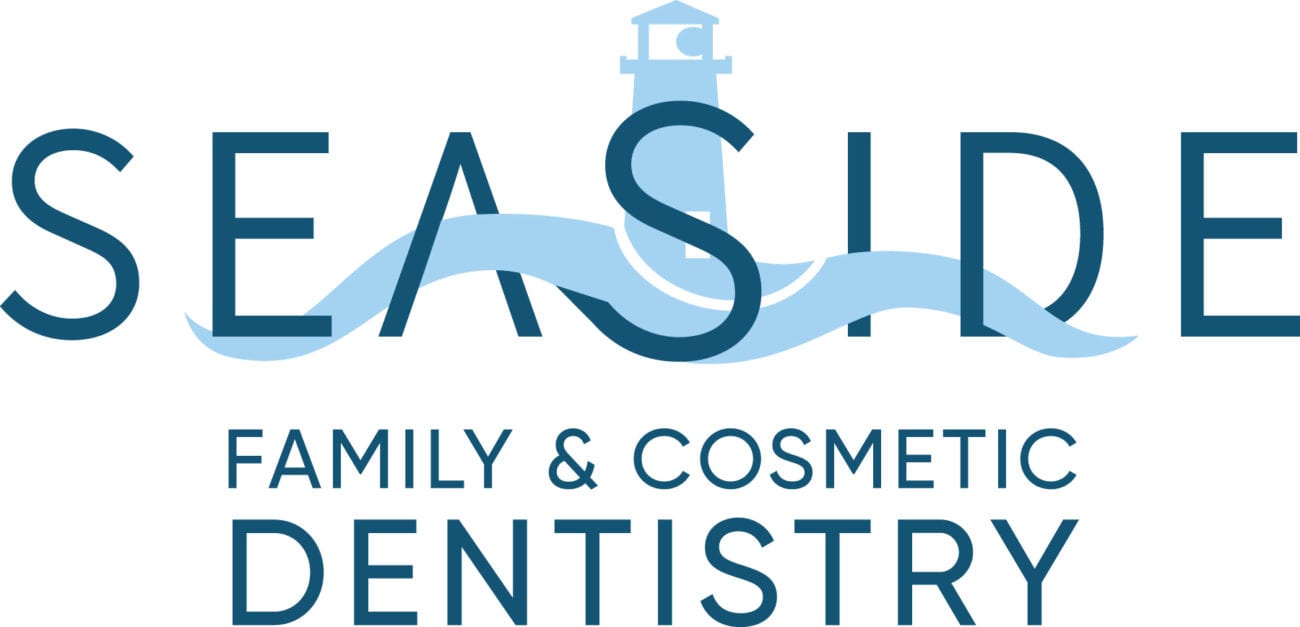Stress can affect your mental health, but prolonged stress will put strain on your physical body as well. You might not realize it, but high stress levels can affect the health of your gums in particular.
The gums refer to connective tissue that keeps your teeth securely in place in your mouth. If you contract gum disease, an infection of the gum tissue, you can feel uncomfortable inflammation that will progress to serious dental damage, including tooth loss.
You will require periodontal therapy from your dentist to get rid of gum disease. So you should take measures to prevent contracting it in the first place. This includes addressing risk factors like ongoing stress.
You may feel more inclined to reduce stress and protect your gums if you know more about the dangers your oral health can face. Read on to learn about three ways that stress can affect your body that may increase your risk of gum disease.


Weaker Immune System
Under stress, your body will automatically produce a hormone called cortisol. This chemical gives your immune system a boost while your body experiences strain. But if you feel stressed for a long period of time, your body adjusts to cortisol and no longer responds to it.
Then your immune system will weaken, making you more likely to contract infections or otherwise get sick. This can make your gums more susceptible to periodontal disease. Ensure natural oral bacteria will not take advantage of your weakened immune system by addressing your high stress levels.
Greater Risk of Dry Mouth
Stress can alter many types of bodily processes, including saliva production. High stress may make you produce less saliva, leaving you with an uncomfortable condition called dry mouth. Not only will the tacky and dry sensation feel unpleasant, but dry mouth also allows bacteria to spread through your mouth with greater ease.
As a result, you can face an increased risk of gum disease when you feel dry mouth. For this reason, you should address the risk factors of dry mouth as soon as you can. This includes staying hydrated along with finding ways to reduce your stress levels.
Lapse in Oral Hygiene
If you feel stressed, you might try to stop certain activities in order to find ways to relax or relieve strain. However, you should make sure that your oral hygiene routine is not one of the regimens that you skip.
You might guess that missing a teeth-brushing session will save you time without consequences. But if you do not brush your teeth or floss as much as you should, you will leave harmful plaque, food particles, and more on your smile.
These residues will encourage bacterial spread, opening easy access to the gums where you can develop gum disease. Brushing and flossing your teeth in a consistent and timely fashion will ensure your oral bacteria remains balanced. Visit your dentist for professional teeth cleanings to maximize oral hygiene benefits and your periodontal health as well.
